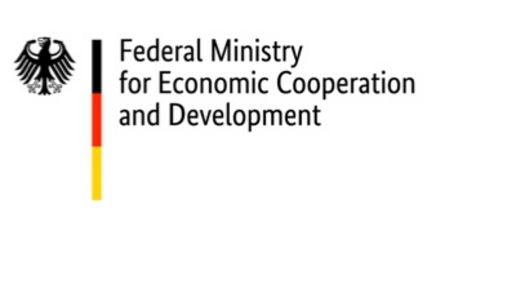SDG Alumni Projects: Knowledge and Practice for Development

SDG (Sustainable Development Goals) Alumni Projects by universities and DAAD for Germany Alumni from emerging and developing countries combine active learning in seminars with practical experience at trade fairs and conferences.
In the SDG Alumni Projects (formerly: Alumni Special Projects) professionals from emerging and developing countries who have been trained in Germany have the opportunity to come into contact with German and international representatives from academia and business at important trade fairs and conferences.
Background
As decision-makers in their home countries with close ties to Germany, they are important contacts: academics and executives from emerging and developing countries who have studied or done research in Germany, the so-called Germany Alumni.
The DAAD supports these experts with the SDG Alumni Projects where they receive further training at a German university / research institution and then get in touch with companies when they participate in a trade fair, an industry convention or a specialist conference.
Their new contacts and enhanced expertise enable the Alumni to contribute to the economic development in their own countries.
Programme objectives
The programme aims to extend the skills of Alumni to resolve development-related issues. It also helps Alumni engage with other Alumni in academic networks both in their own country and internationally. At the same time, Alumni often play an active role as disseminators for knowledge transfer. Ideally, they maintain long-term ties to Germany and cooperate with higher education / research institutions and companies in Germany.
Finally, the programme is designed to further strengthen the expertise of the host universities / research institutions in Germany in matters of development cooperation.
Planned and already implemented SDG Alumni Projects
(until 2021: Alumni Special Projects)
Supported by:
